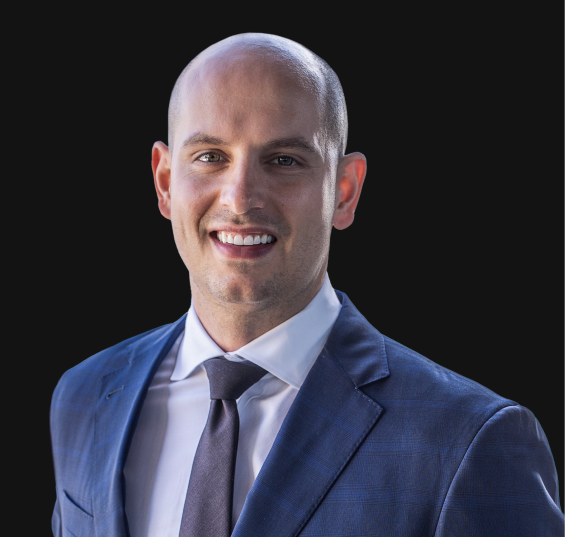The One Big Beautiful Bill Act (H.R. 1) became law on July 4, 2025, ushering in sweeping changes across taxes, spending, and social programs. This legislation carries profound implications for high-net-worth individuals, estate planning strategies, and income optimization. Here’s how it may impact your financial picture—and what proactive steps we recommend.
Key Provisions That Matter to You
Before you do anything big—or anything at all—give yourself permission to slow down. Move the money into a safe, interest-earning account and step back. It’s tempting to act right away: pay off the mortgage, help family, invest in something promising. But some of the best decisions you’ll make around this windfall come after you’ve given it (and yourself) some room to breathe.
Once the emotions settle, the first practical step is understanding what kind of windfall this really is. Is it taxed? How much of it is actually yours after federal, state, and local implications? Inheritances, business sales, stock options, legal settlements—they all come with different tax consequences. Before you build a plan or make a purchase, be sure you’re working with the real, after-tax number.
The Big Beautiful Bill is more than policy—it’s a pivot point for financial planning.”
Strengthen the Foundation Before Reaching for More
One of the best things you can do with a windfall is use it to fortify your financial base. That means:
- Paying off high-interest or lingering debt
- Fully funding your emergency reserves
- Maxing out retirement and tax-advantaged accounts
- Addressing long-term needs like healthcare, education, or aging parents
- Reviewing your estate plan to reflect this new chapter
These aren’t the flashiest moves, but they’re the ones that create long-term peace of mind. A windfall is a unique opportunity to bring stability to parts of your life that might have felt uncertain.
It’s also the right time to review your risk exposure. With more wealth, you have more to lose. That includes financial liability, cyber threats, and sometimes even strained family dynamics. We recommend reviewing your insurance coverage (especially umbrella and property), considering asset protection strategies, and updating or establishing trust structures. Think of this as moving from defense to smart defense.
Align Generosity, Lifestyle, and Long-Term Vision
A common and very human instinct after a windfall is to give—to family, to friends, to causes. That generosity can be deeply meaningful, but it needs to be sustainable. Structured giving—whether through annual gifts, donor-advised funds, or charitable trusts—can amplify your impact while protecting your broader financial plan.
The same principle applies to lifestyle upgrades. It’s easy to assume a windfall gives you permanent freedom to spend differently, but it depends on size, taxes, and how it’s invested. We encourage clients to map out what’s truly affordable over time, rather than making a series of quick upgrades that create long-term financial drag.
Ultimately, the real goal is alignment. You want your wealth to reflect your values, support your vision, and serve your life—not the other way around. A windfall gives you a chance to ask big questions about where you’re headed and who you want to be along the way.
Final Thought
Windfalls are rare. They come with opportunity—but also complexity. The difference between a financial high point and a lasting legacy often comes down to patience, perspective, and planning.
You don’t have to figure it all out today. You just have to take the next smart step. When you’re ready, we’re here to help.






